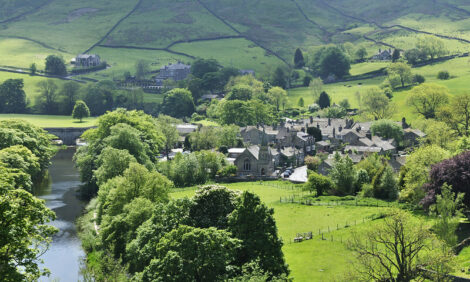



Newcastle disease confirmed in pheasants
UK - An outbreak of Newcastle disease, a notifiable disease affecting poultry, has been confirmed in a number of pheasants intended for shooting in Surrey.
The Health Protection Agency has confirmed that Newcastle Disease does not pose a significant threat to human health.
All the pheasants, which were being bred for shooting, are to be culled as part of a system of strict control measures aimed at swiftly containing any outbreak required under EU law.
The premises are not close to any significant poultry production units. The birds will be killed humanely.
Immediate action is being taken to track the movements of other pheasant consignments which may have come from same original source to eliminate any risk of the disease spreading.
Although Newcastle Disease is infectious to other birds, the potential threat to a major part of the UK egg and poultry industry is minimal as large-scale producers routinely vaccinate their birds against the disease and any vulnerable birds could be vaccinated within a week.
We have suspended issue of export health certificates to non-EU countries where they require freedom from Newcastle Disease.
However, Defra vets are working closely with colleagues in the poultry industry, the NFU, game shooting bodies and others, to ensure any threat to smaller scale keepers and others who may not routinely vaccinate is minimised.
State Veterinary Service are tracing all known contacts connected with the original consignment from France and checking for any clinical symptoms of the disease. No other suspect cases have been identified so far. Restrictions have been imposed upon the farm where the disease has been confirmed which includes movement restrictions and biosecurity measures. In addition, a Declaratory Order has been made declaring an infected area and establishing a surveillance zone of 10 km around the infected premises to impose restriction to prevent the spread of disease.
Chief veterinary officer Debby Reynolds, said:
'All keepers of birds should ensure they maintain high standards of bio security, consider whether they wish to vaccinate, consult their vet advisors and report any suspicion of disease to the State Veterinary Service'
'I would like to make it clear this is not avian flu'.
Source: Defra - 16th July 2005








